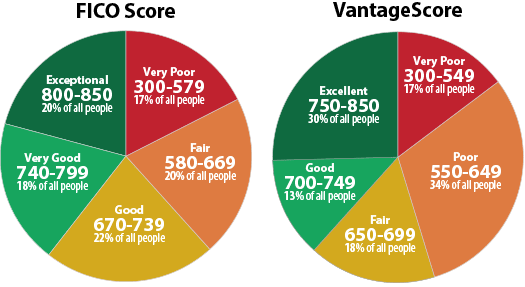Your credit history plays an important role in your ability to get approved for new lines of credit, whether it’s a new credit card, a personal loan, or another type of borrowing agreement. It also affects your ability to rent an apartment, or possibly be hired or promoted in your job.
Review Credit Reports & Dispute Errors
Do not wait until you’re ready to apply for a loan to check your credit. Monitor your credit reports regularly to see that your information is accurately reported. If there is an error, send written disputes to the credit bureau. You do not want to be denied for a loan because of someone else’s error. Credit applications are considered hard inquiries on your credit file, and denials could result in lowering your credit score.
Seek Legal Help
Flitter Milz is a nationally recognized consumer protection law firm that represents victims with credit reporting privacy and accuracy problems. Contact Us for a free consultation to discuss errors on your credit reports.









